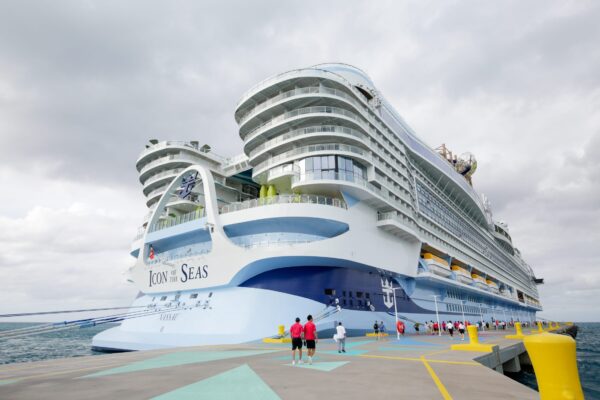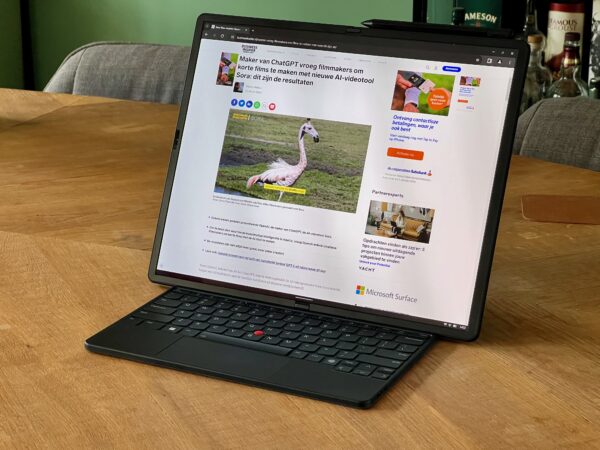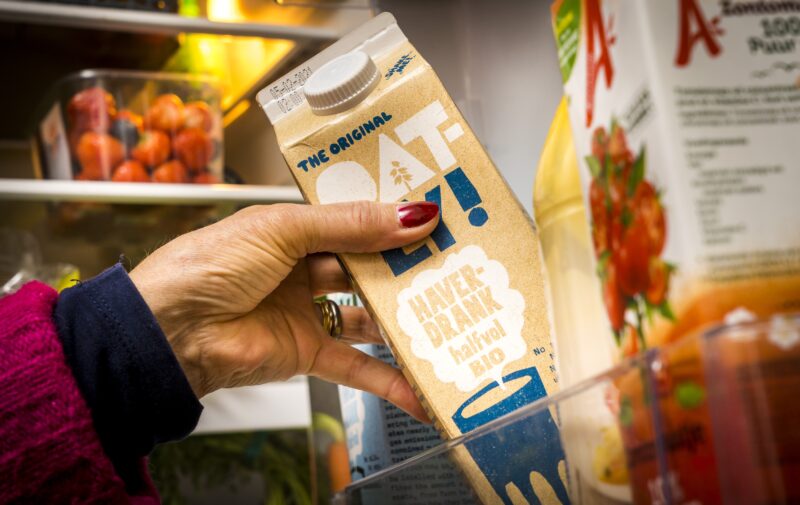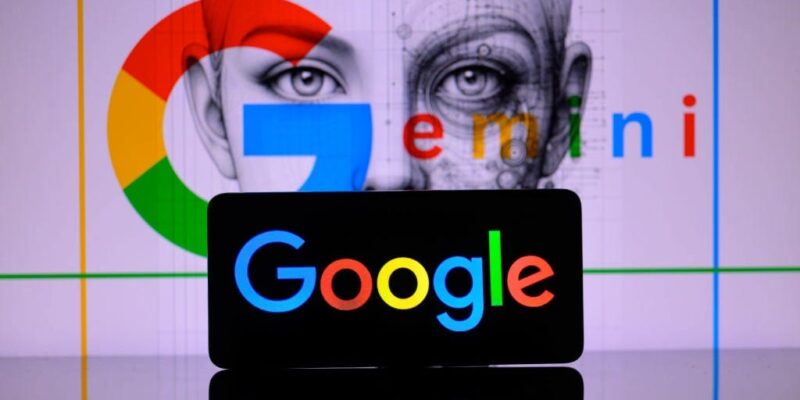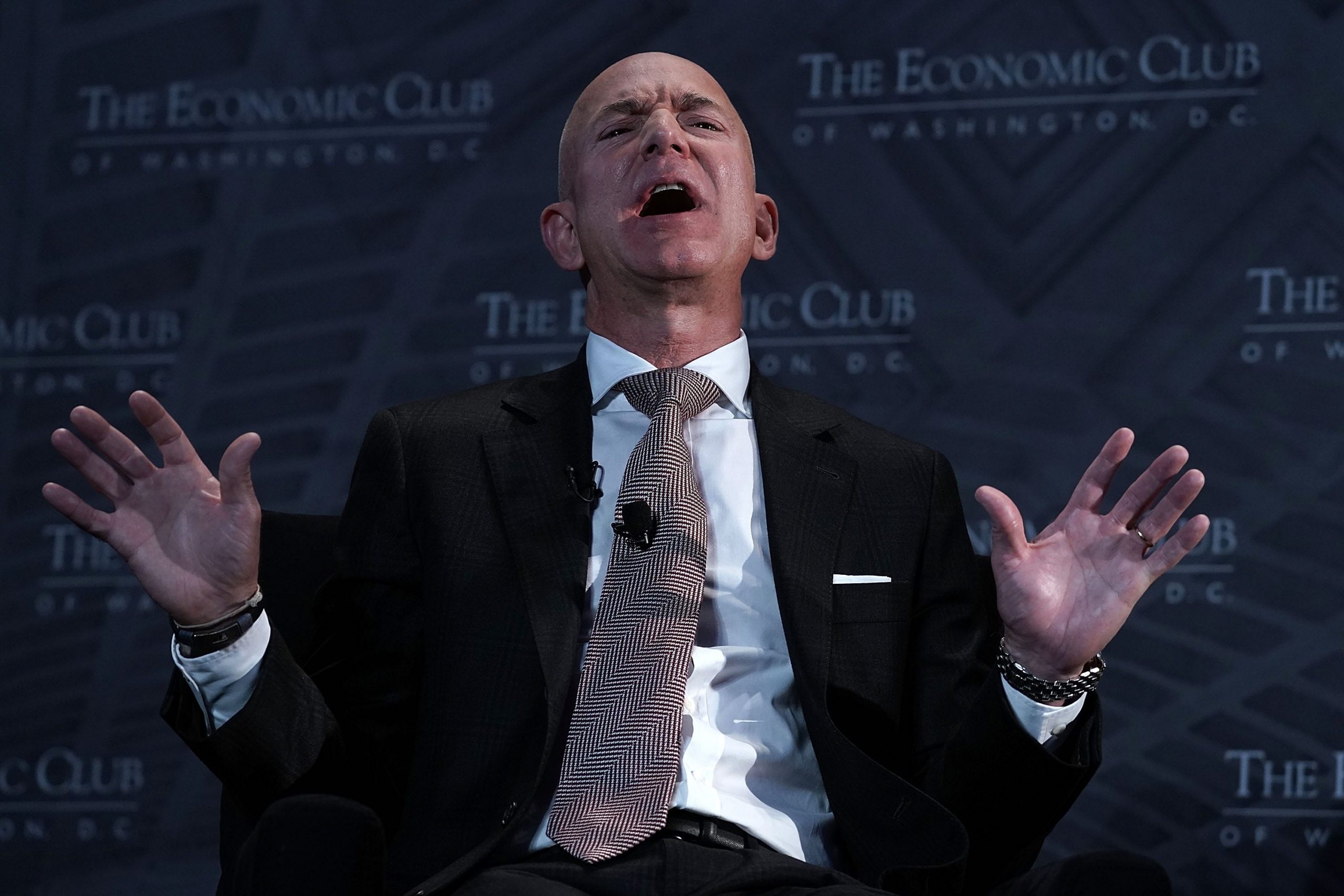
Alex Wong/Getty Images
- On May 20, Amazon launched “Crucible” — a major new online multiplayer video game intended to compete with the likes of “Fortnite.” Amazon had been working on the game since at least 2014.
- “Crucible” is the latest attempt from Amazon to push into the lucrative video game industry, which it has repeatedly failed to achieve.
- One week after launch, with fewer than 5,000 players on average, the game dropped off the charts. One month later, Amazon outright pulled the game from availability and put it back into “closed beta” — a term used in game development to signify a game isn’t complete.
- And now, “Crucible” is being outright killed. “Ultimately we didn’t see a healthy, sustainable future ahead,” a post on the game’s blog says. “We’ll be discontinuing development on ‘Crucible.'”
- Visit Business Insider’s homepage for more stories.
Did you know that Amazon, the biggest company in the world, launched a big-budget video game this year?
The game is called “Crucible,” and you’re forgiven if this is the first you’re hearing about it. Despite being free-to-play and available on the world’s largest gaming platform, Steam, “Crucible” quickly came and want from the top 100 charts.
In fact, just one week after launch, the game had fewer than 5,000 players on average — a major issue given that the online multiplayer game was intended to rival the likes of “Fortnite” and “Valorant.”
Crazier still: Amazon outright pulled the game from digital stores in late June. And then, in a blog post published last Friday night, “Crucible” was quietly killed.
“Ultimately we didn’t see a healthy, sustainable future ahead,” the blog post says. “That evaluation led us to a difficult decision: We’ll be discontinuing development on ‘Crucible.'”
Any purchases made within the game by players can be refunded, and the ability to buy in-game currency has already been suspended. The game's matchmaking functionality, which enables multiplayer, will be disabled "in the coming weeks," with a final sunset date for custom games on November 9.
"Crucible" is: a team-based online multiplayer shooter that takes inspiration from the world of multiplayer online battle arena games, like "League of Legends" and "DOTA 2," rather than competitive shooters like "Fortnite."
Also of note: It's a free-to-play game with a PC focus, which puts it in direct competition with games like "Valorant" and "Fortnite." Amazon's goal for "Crucible" was to attract tens of millions of players and, with any luck, have it become a major esport game.
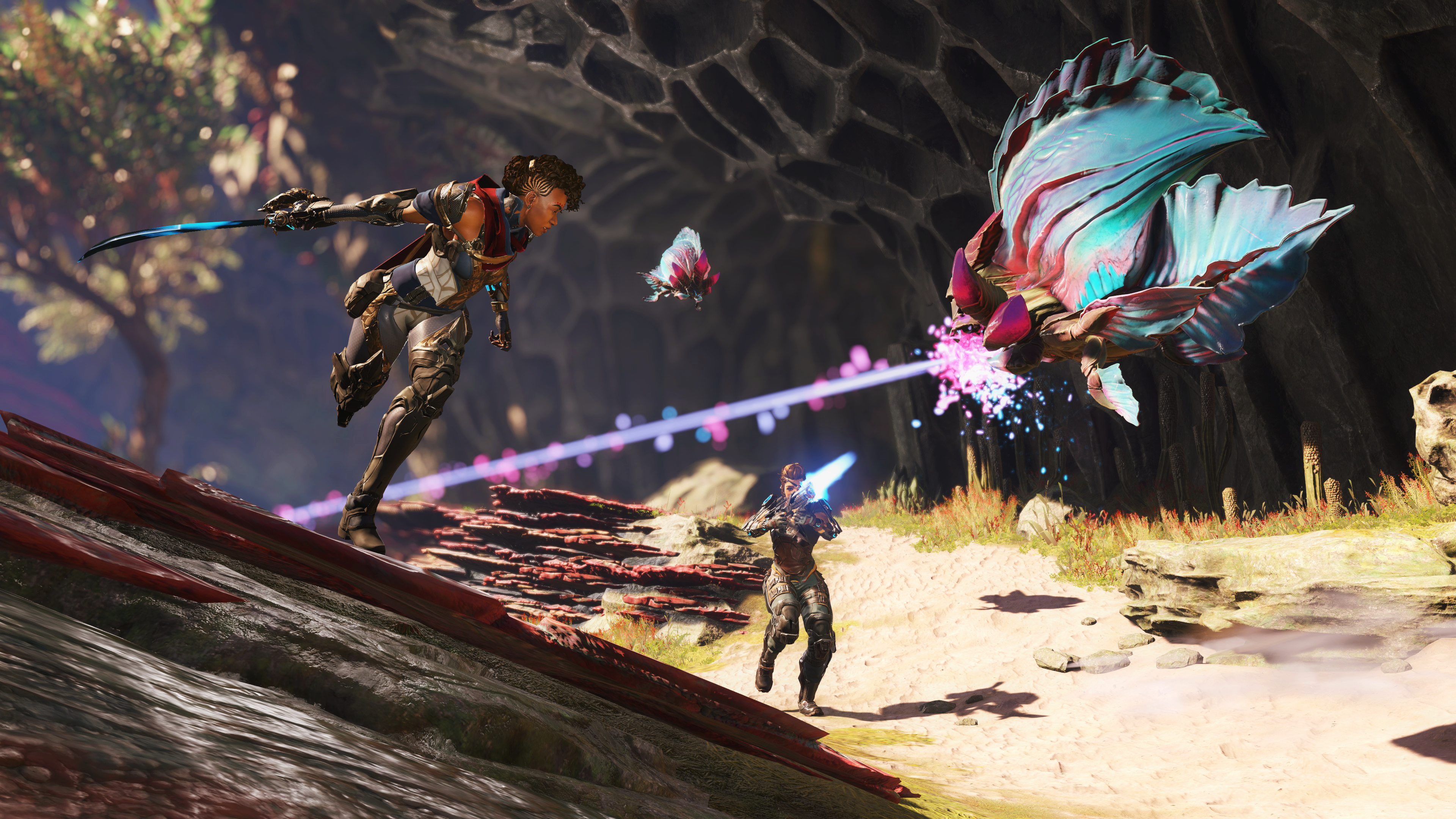
Amazon
The contrast between how "Crucible" launched and how "Valorant" launched is illustrative of why the former failed while the latter is succeeding.
When "Valorant" launched this year, it was available in a closed beta that you could only get access to by watching Twitch streamers play the game live. Through a "drop" system tied to Twitch accounts, viewers would gain free access to the beta. This way, new "Valorant" players already had some idea of how to play the game because they'd watched someone play it live.
In the weeks leading up to and following the launch of "Crucible" in late May, Amazon didn't utilize its own streaming service – Amazon owns Twitch – to promote the game. There were no major streamers playing the game and hyping it up, no trailers for the game running as ads, and no "drop" system to gain early access. Similarly on YouTube, where gaming dominates attention, ads for "Crucible" were nowhere to be seen.
"Crucible" had about 25,000 concurrent players at its peak, on May 21. By May 22, two days after launch, it had already disappeared from Steam's top 100 — a list of most played games on Steam that bottoms out around 5,000 concurrent players.
Got a tip? Contact Business Insider senior correspondent Ben Gilbert via email ([email protected]), or Twitter DM (@realbengilbert). We can keep sources anonymous. Use a non-work device to reach out. PR pitches by email only, please.




